MercoPress. South Atlantic News Agency
Latin America
-
Monday, April 11th 2011 - 05:54 UTC
Venezuela’s most populated areas suffer another major blackout
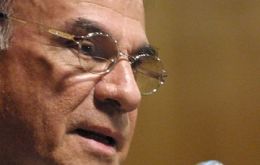
Blackouts blamed on forest fires left without power whole areas of north and central Venezuela, including Caracas, officials said. The power outages began last Thursday due to the collapse of electrical lines located 250 kilometres west of Caracas, Electricity Minister Ali Rodriguez said.
-
Monday, April 11th 2011 - 05:47 UTC
Controversy in Bolivia about the true volume of proven natural gas reserves

Bolivia has fallen from second to sixth place in the ranking of largest holder of proven natural gas reserves in South America, with Peru behind Venezuela as the two leading countries, admitted a Bolivian Hydrocarbons Association, or CBH, report.
-
Monday, April 11th 2011 - 05:40 UTC
Guatemala’s First Couple ‘team’ ready for September’s presidential election
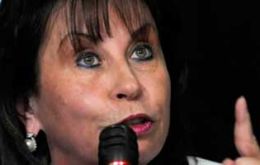
A Guatemalan judge granted the country’s First Couple divorce petition thus opening the way for First Lady Sandra Torres to run in September’s presidential election for which her husband President Alvaro Colom is barred under constitutional rule.
-
Monday, April 11th 2011 - 05:18 UTC
Santos and Chavez meet Lobo and agree on helping Honduras return to the OAS
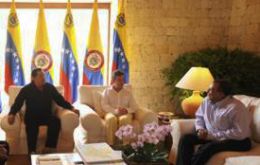
The presidents of Colombia, Venezuela Juan Manuel Santos and Hugo Chavez held a non announced meeting with their Honduran peer Pofirio Lobo and said they were committed to help the outcast country rejoin the Latin American family by returning to the Organization of American States, OAS.
-
Monday, April 11th 2011 - 05:07 UTC
China posts surprise quarterly trade deficit of 1.02 billion USD, first in six years
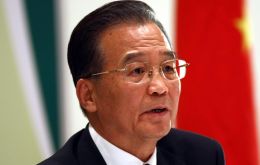
China on Sunday reported a surprise quarterly trade deficit of 1.02 billion US dollars, the first in six years as it settles to rebalance its export oriented economy to boost domestic consumption in the next five years.
-
Monday, April 11th 2011 - 05:00 UTC
Peruvian presidential election has a winner, a run off date but no runner-up, yet
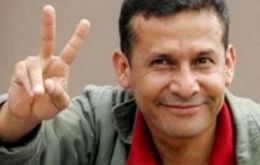
Former army officer and politically nationalist Ollanta Humala won the most votes in Peru’s presidential elections, though will need to wait for full results to know who he’ll face in a June runoff.
-
Saturday, April 9th 2011 - 00:13 UTC
Puerto Williams poised to become Chile’s Antarctica travel hub
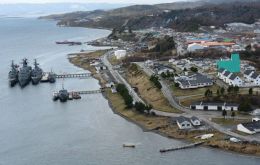
Chile and the world’s southernmost town, Puerto Williams, is to open up to mass tourism under a new investment program approved by the government.
-
Friday, April 8th 2011 - 23:52 UTC
Paul McCartney plays Chile: All You Need Is Love, but US$2,250 would help

British music icon Paul McCartney has confirmed that he will play the Estadio Nacional in Santiago on May 11 this year. It will be the star’s second show in Chile; he played the same venue in December 1993.
-
Friday, April 8th 2011 - 23:05 UTC
Peru presidential hopefuls: “Leprosy, Yellow Fever; Alzheimer; Cirrhosis and Autism”
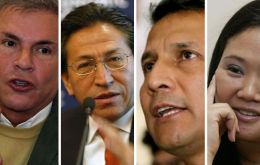
Peruvian voters appealed to clever and skilful mechanisms using the Twitter net to avoid the ban on releasing the latest public opinion polls ahead of Sunday’s April 10 presidential election.
-
Friday, April 8th 2011 - 22:45 UTC
Peru/Mexico sign trade agreement, fist step for a regional expansion towards Asia
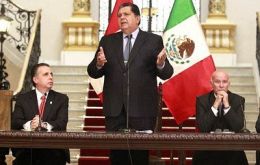
Peru and Mexico signed this week a trade agreement with the aim of jointly reaching out to Asia, an undertaking that they want Chile and Colombia to join
